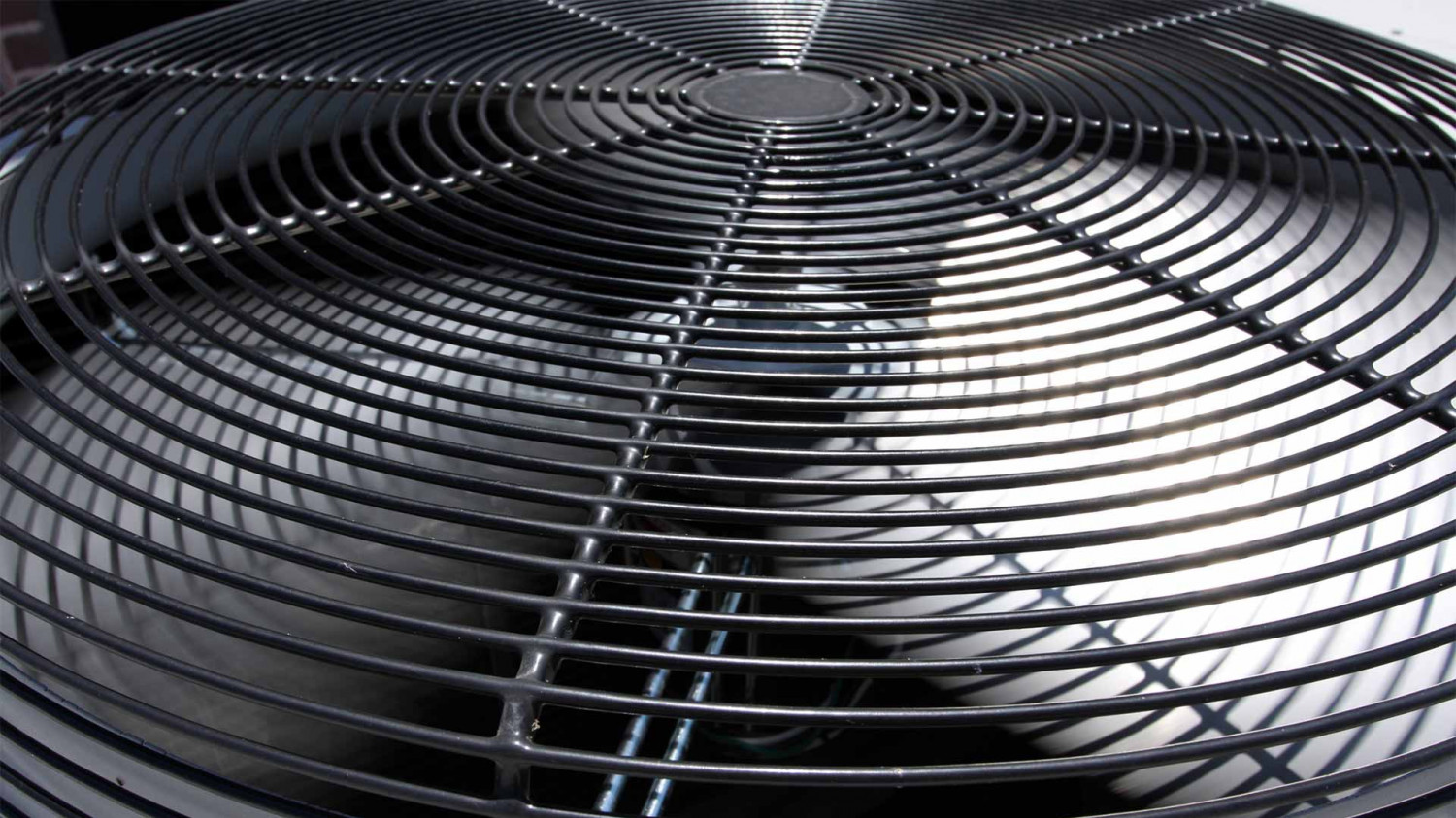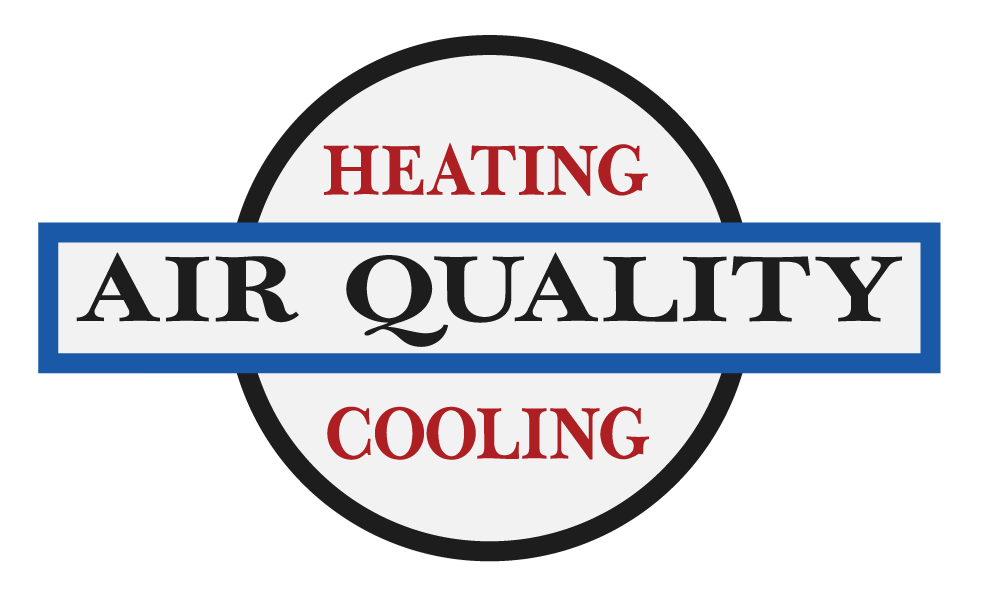

How much energy does an HVAC system use?
The energy consumption of your HVAC system depends on its efficiency, the area of the country in which it's being installed, and the kind of fuel the system will be using. This can also make costs vary.
Energy consumption for an HVAC system is determined by several contributing factors, the most influential among them being: the efficiency of system components, whether or not the system is appropriately sized for your home, the climate where you live, and what you or your family consider ideal indoor comfort.
Let's start by examining some industry-standard efficiency rating systems and which are the most important when evaluating an HVAC system component and its expected energy consumption over time.
Seasonal Energy Efficiency Ratio
SEER measures the cooling efficiency of air conditioner or heat pump systems. Higher SEER equates to greater efficiency and energy savings. Federal law mandates a minimum 13 SEER rating in new cooling units. Daikin offers air conditioning systems with up to a 24 SEER rating.
Annual Fuel Utilization Efficiency
AFUE is a rating system for gas or oil furnaces, which indicates how much fuel is used to actually heat your home and how much is wasted. Expressed in percentages, a higher AFUE rating translates to greater efficiency and lower fuel costs. So for a 90% AFUE furnace, just 10% of its fuel consumption is lost. Furnaces manufactured in the United States are required to have at least an 80% AFUE.
Heating Seasonal Performance Factor
HSPF rates the efficiency level of the heating mode of heat pumps. Higher-rated heat pumps afford greater efficiency and cost savings. A minimum of 7.7 HSPF is required from new heat pumps.
Wattage
Measure the amount of electricity that your heating, air conditioning and ventilation system will use in meeting your indoor comfort needs. Typically measured in kilowatt hours, the same units that your electricity company uses to charge you for energy consumption, wattage can vary depending on what "speed" your system is running. For two-stage and multi-stage (i.e., variable speed, inverter or modulating) pieces of equipment, the system can use a much lower amount of wattage when running at low speeds than high speeds. Wattage will be a key component of your operational costs for running an HVAC system, especially since your unit only needs to operate at its peak capacity on some of the hottest or coldest days per year. In everyday operation, the HVAC system requires only a portion of its capacity, which can be delivered more cost by multi-stage units.
It is wise to consider energy usage and efficiency in purchasing a new HVAC system. While more energy-efficient units may cost more upfront, these units will more than pay for themselves in cost savings over time. Ask your dealer to help educate you on the associated energy usage of the system you are installing.
Furthermore, the size of your HVAC system in relation to your home can have a dramatic impact on energy usage. If the system's too , it will be forced to work overtime with less efficiency and ultimately a shorter life span. The appropriate matching of system components, especially in a split system, can impact energy consumption.
Finally, where you live and how you set your target temperature are two more factors that directly influence energy usage. Climate with extreme heat or cold, by default, is going to require more from heating or cooling systems. Moreover, asking your system to do more to change the temperature between the outside of your house and the inside of your hose raises operating costs.
